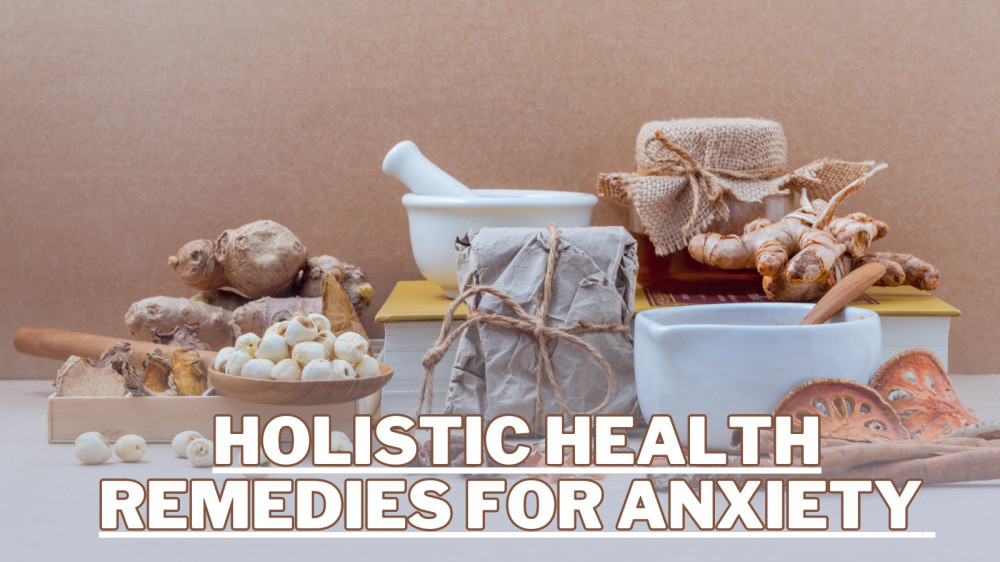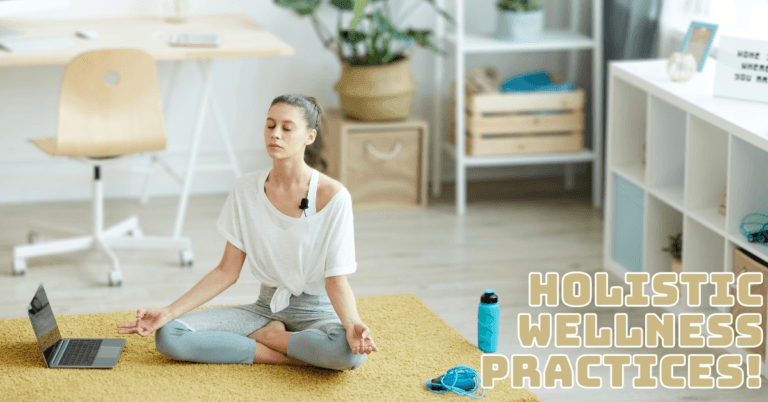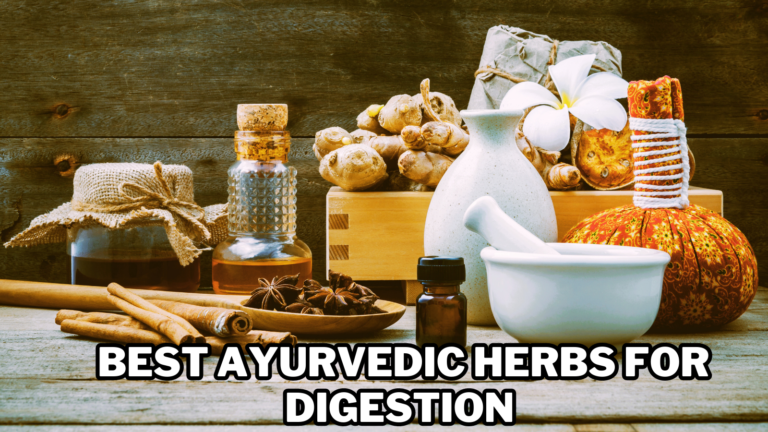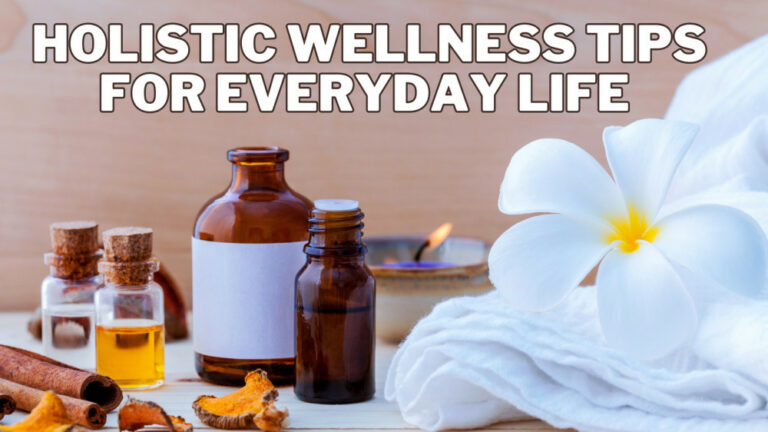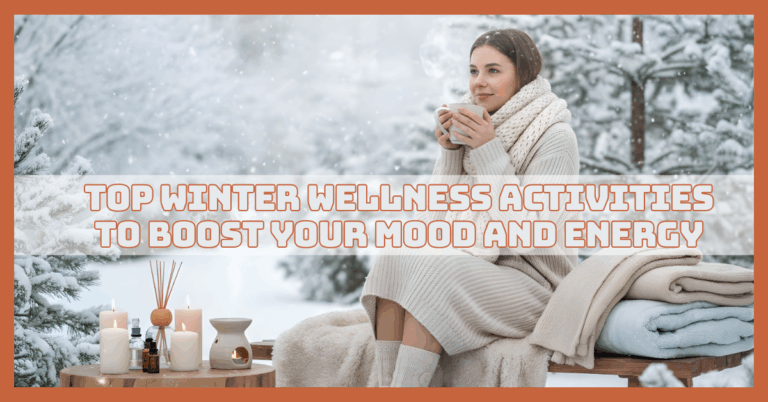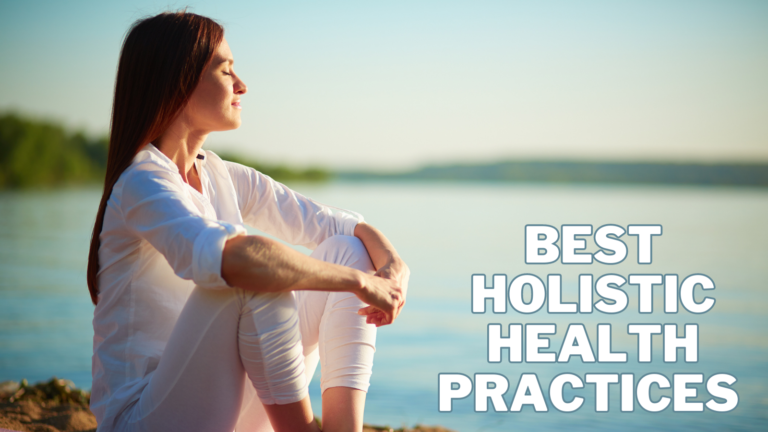Best Holistic Health Remedies For Anxiety
Best Holistic Health Remedies For Anxiety
The concept of holistic health acknowledges that anxiety is a condition that several interrelated elements, such as lifestyle, diet, emotional well-being, and physical health, can influence.
We can address the fundamental causes of anxiety and encourage long-lasting relief by taking a holistic approach to the condition.
We will delve into various aspects of holistic health, including relaxation techniques, exercise and movement, nutrition and dietary adjustments, herbal remedies, and mindfulness practices.
By exploring these areas, we can empower ourselves to actively manage anxiety and create a healthier and more balanced life.
Remember, everyone's experience with anxiety is unique, and what works for one person may not work for another.
It is important to approach these holistic remedies with an open mind, experimenting to find the approaches that resonate with you.
Through this journey of self-discovery and self-care, you can cultivate a toolkit of holistic practices to support your overall well-being and find peace amidst the chaos.
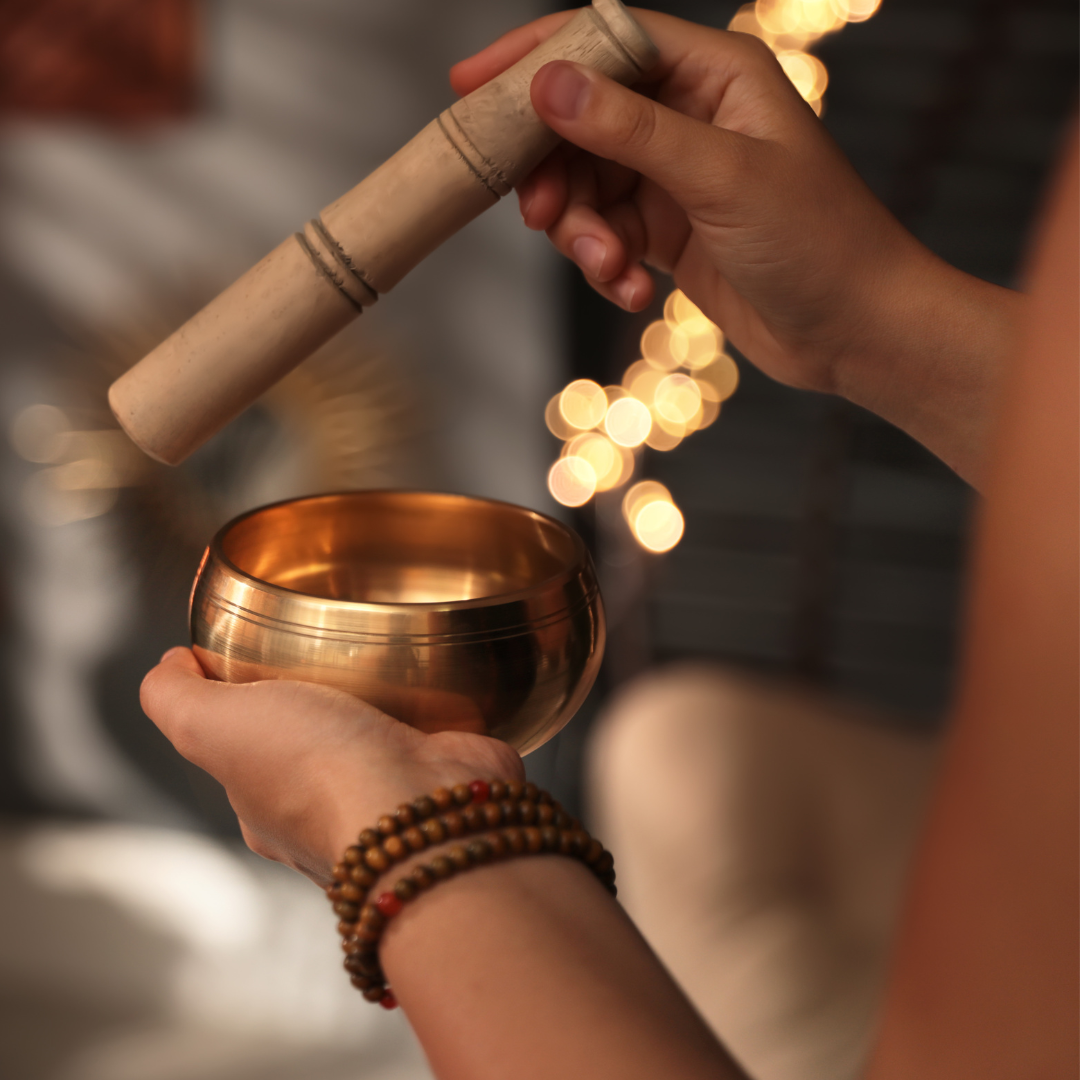
How Holistic Health Remedies Work For Anxiety Management
Holistic health remedies can be highly beneficial for anxiety management as they consider the interconnectedness of the mind, body, and spirit.
Instead of solely focusing on symptom relief, holistic approaches aim to address the root causes of anxiety and promote overall well-being.
Stress reduction and relaxation techniques are vital in anxiety management.
Deep breathing exercises, progressive muscle relaxation, meditation, and guided imagery can help calm the mind, reduce muscle tension, and induce relaxation.
These techniques promote inner peace and tranquillity, effectively reducing anxiety symptoms.
Physical activity has positively impacted mental health, including anxiety reduction.
Regular exercise releases endorphins, which are natural mood-boosting chemicals in the brain.
Exercise also promotes better sleep, reduces muscle tension, improves self-esteem, and provides a healthy outlet for stress.
Activities like yoga, tai chi, and qigong combine movement and mindfulness, offering additional benefits for anxiety management.
A balanced, healthy diet is essential for promoting mental wellness. Specific nutrients and dietary changes can facilitate anxiety symptoms.
For instance, eating foods high in magnesium and omega-3 fatty acids, such as leafy greens, almonds, and legumes, has been associated with lower anxiety levels.
Additionally, restricting or avoiding alcohol, processed foods and caffeine can assist in balancing mood and reduce anxiety triggers.
Herbal remedies have been used for centuries to promote relaxation and reduce anxiety.
Natural substances such as chamomile, lavender, passionflower, valerian root, and lemon balm are known for their calming properties.
These herbs can be consumed as teas, tinctures, or supplements and may help reduce anxiety symptoms without the side effects of certain medications.
Mindfulness involves focusing on the present moment without judgment.
This practice cultivates awareness and helps individuals better cope with anxiety-inducing thoughts and sensations.
Mindfulness-based stress reduction (MBSR) programs, mindfulness meditation, and mindful movement practices like yoga or walking meditation are effective techniques for anxiety management.
They promote self-compassion, acceptance, and a sense of grounding.
It's important to note that holistic health remedies for anxiety management work best when combined with professional guidance and support.
Consulting with a healthcare professional, such as a naturopathic or integrative medicine practitioner, can help tailor a holistic approach to your needs and ensure compatibility with ongoing medical treatments.
By embracing a holistic approach, individuals can address anxiety from multiple angles, supporting their mental, emotional, and physical well-being.
Incorporating these remedies into a comprehensive self-care routine can promote a greater sense of balance, resilience, and calmness, empowering individuals to effectively manage their anxiety and lead healthier, more fulfilling life.
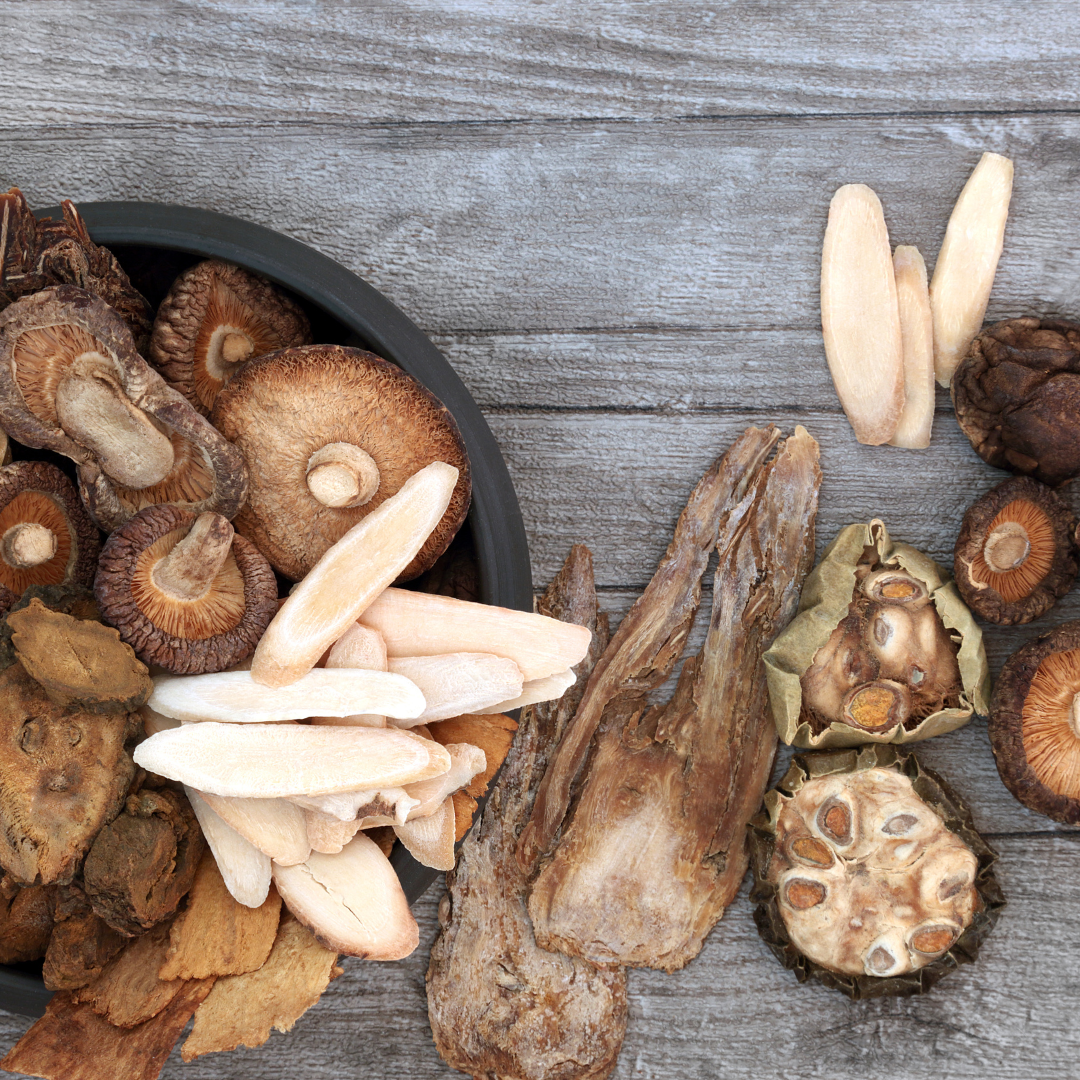
Best Holistic Health Remedies For Anxiety
Holistic health remedies are most effective when personalized to your unique needs.
Consult with healthcare professionals, such as naturopathic doctors or integrative medicine practitioners, who can guide you safely and effectively in incorporating these remedies into your anxiety management plan.
Adopting a holistic approach can nurture your mind and body, addressing anxiety from various angles and fostering greater well-being and balance.
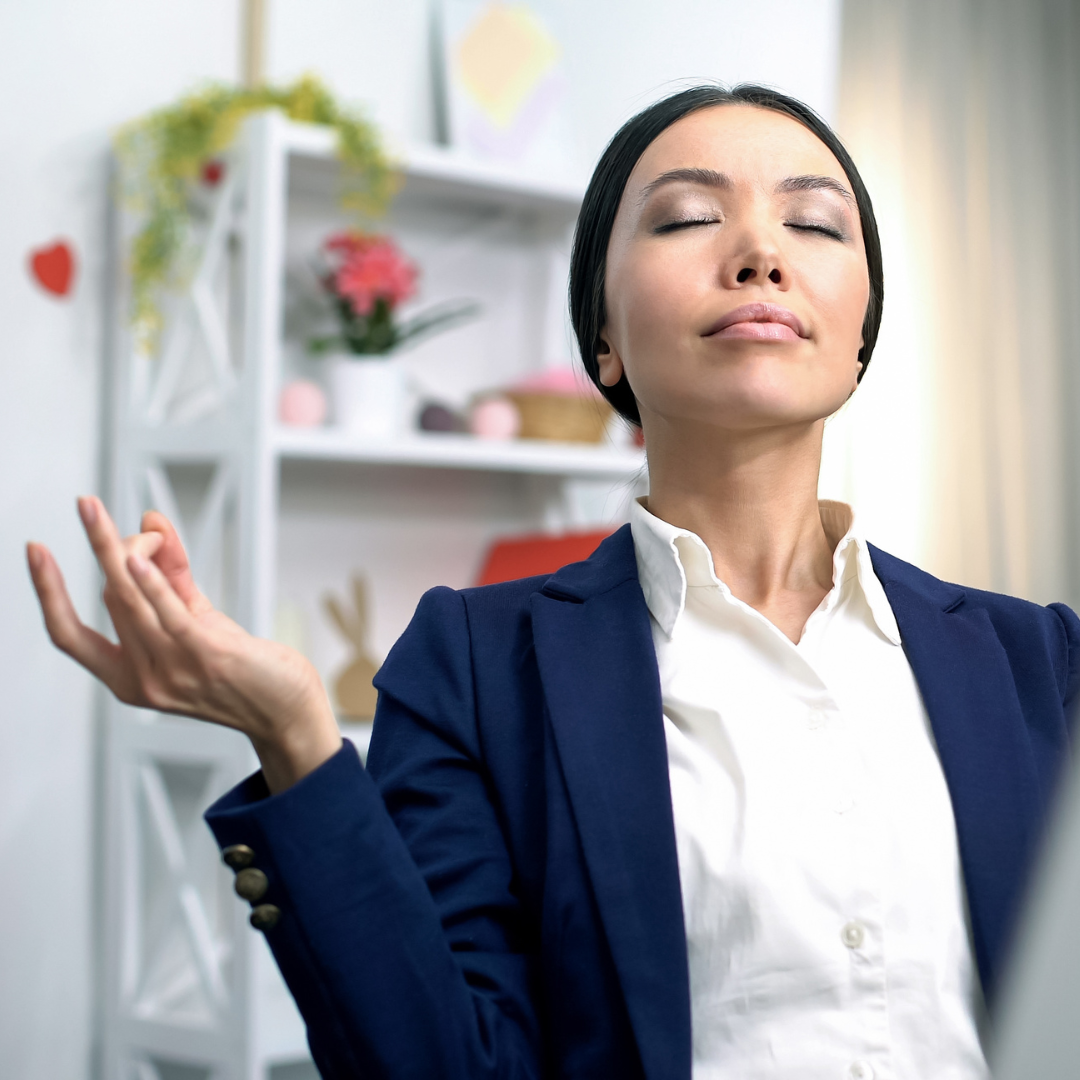
1. Relaxation Techniques
Relaxation techniques are effective holistic remedies for managing anxiety.
Deep breathing exercises involve taking slow, deep breaths, which help activate the body's relaxation response, slow the heart rate, and reduce stress.
To promote awareness of physical sensations and relieve muscle tension, progressive muscle relaxation includes gradually tensing and relaxing each muscle group.
By focusing on the present moment during meditation exercises like mindfulness meditation, you may relax your mind, stop your thoughts from racing, and develop inner peace.
The goal of guided imagery is to steer the mind away from anxiety triggers and toward soothing scenes or experiences involving the senses.
Adopting these strategies into your everyday routine can achieve profound relaxation, lessen muscle tension, and relieve anxiety symptoms.
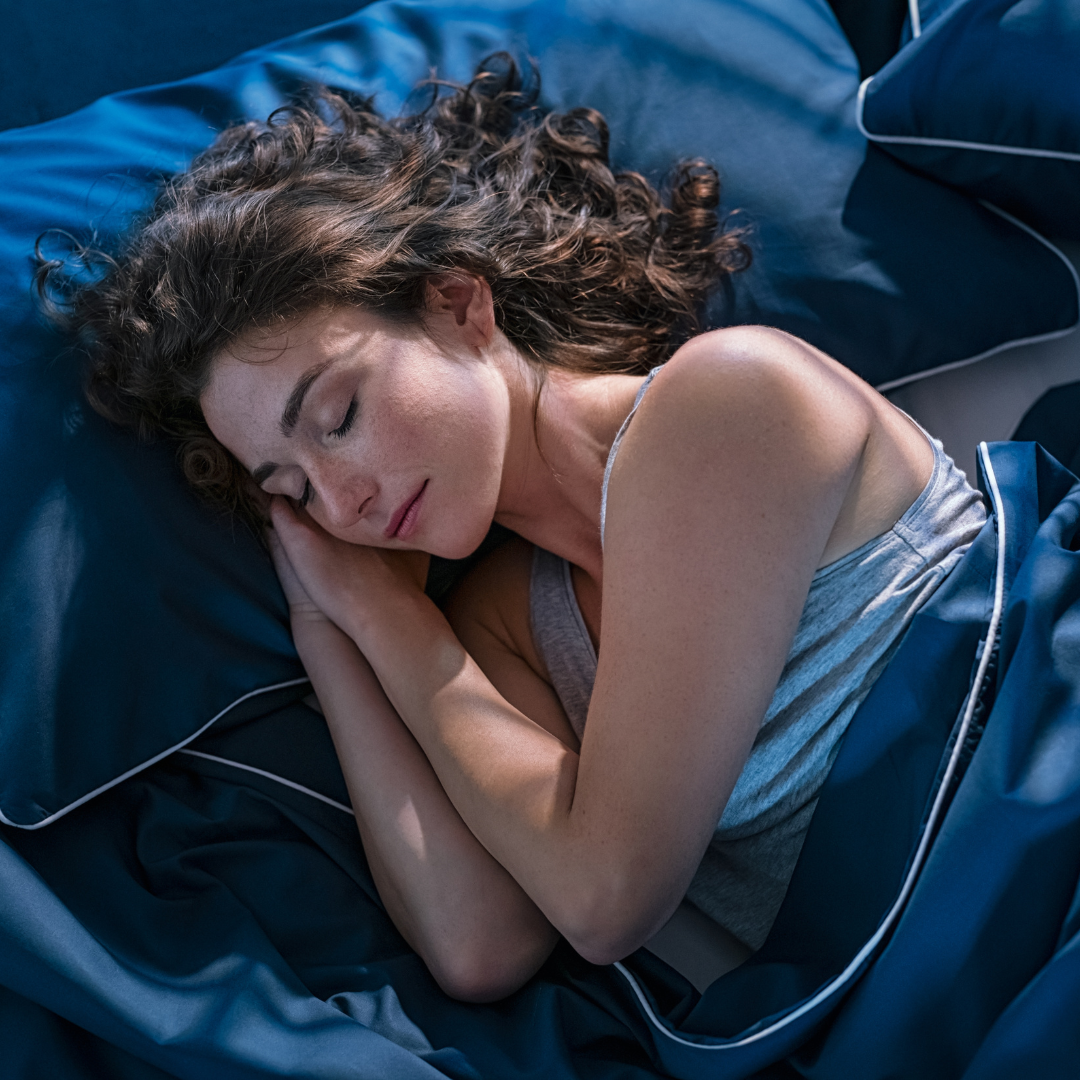
2. Sleep Hygiene
Sleep hygiene practices are essential for managing anxiety and promoting overall well-being.
Prioritizing quality sleep involves several key aspects.
To begin with, creating a regular sleep pattern aids in regulating your body's internal clock, making it simpler to sleep and wake up at regular intervals.
If you establish a relaxing bedtime routine, your body will know it's time to wind down and relax before bed.
This could entail reading a book, having a warm bath, or other relaxation methods.
Ensuring your bedroom is peaceful, dark, and at a reasonable temperature will help you achieve your ideal sleeping environment.
Additionally, minimizing exposure to electronic devices and creating a comfortable bed setup can enhance the quality of your sleep.
Sufficient and restful sleep is crucial for emotional balance, allowing the body to repair and rejuvenate.
By implementing these sleep hygiene practices, you can support a healthy sleep routine, reduce anxiety, and improve your overall well-being.
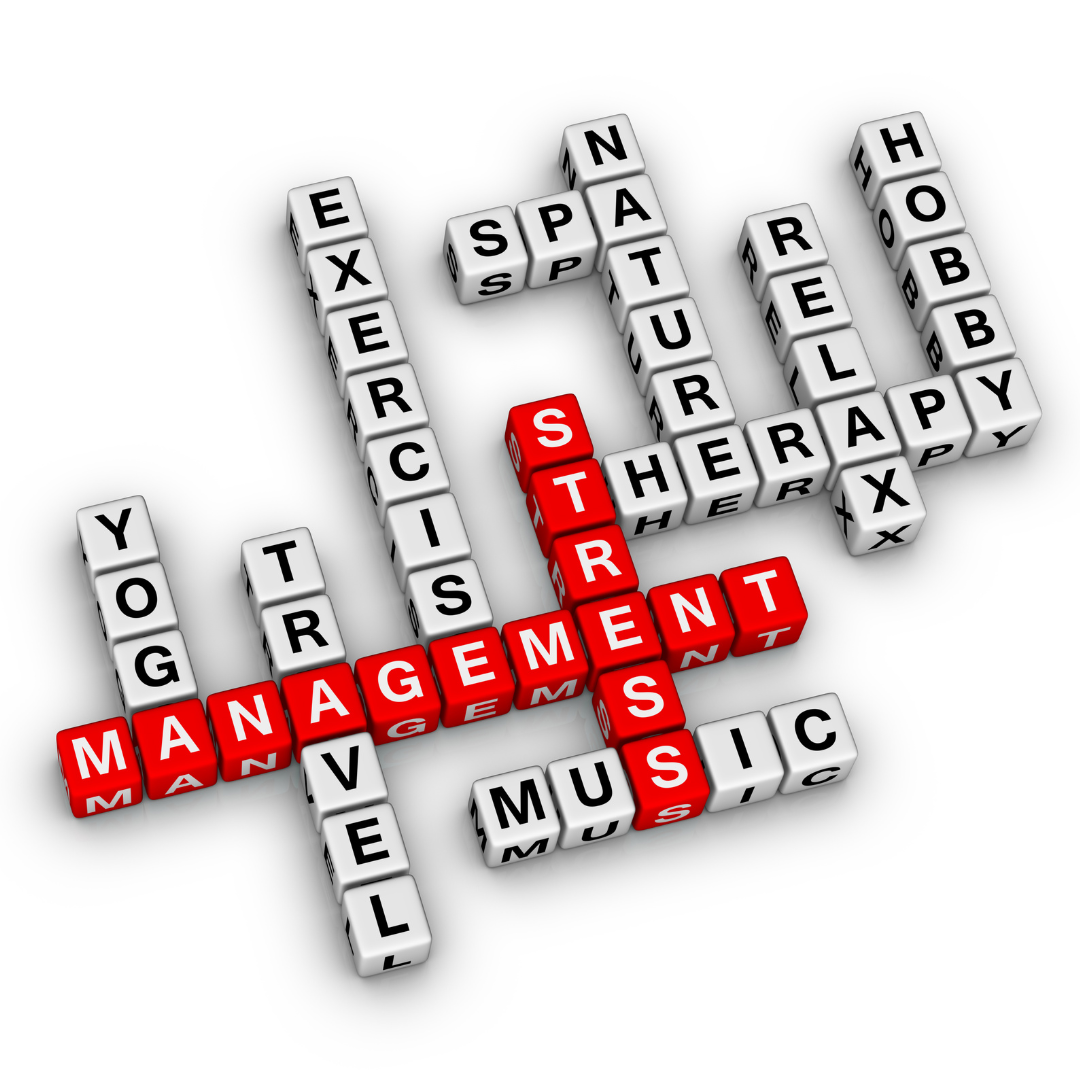
3. Stress Management
Stress management is essential for effectively coping with anxiety. Incorporating stress-reduction techniques into your routine can have a significant positive impact on your mental well-being.
Journaling allows you to express and process your thoughts and emotions, providing relief and clarity.
Artistic expression, such as painting, drawing, or playing a musical instrument, is a creative outlet and can be highly therapeutic, promoting relaxation and self-expression.
Aromatherapy, through essential oils, can help create a calming atmosphere and trigger relaxation responses in the brain.
Engaging in hobbies that bring you joy and provide a sense of fulfillment, whether gardening, cooking, or playing sports, can redirect your focus away from stressors and cultivate a positive mindset.
These stress-reduction techniques help lower stress levels, promote relaxation, and allow you to better manage anxiety by providing healthy outlets for self-expression and enjoyment.
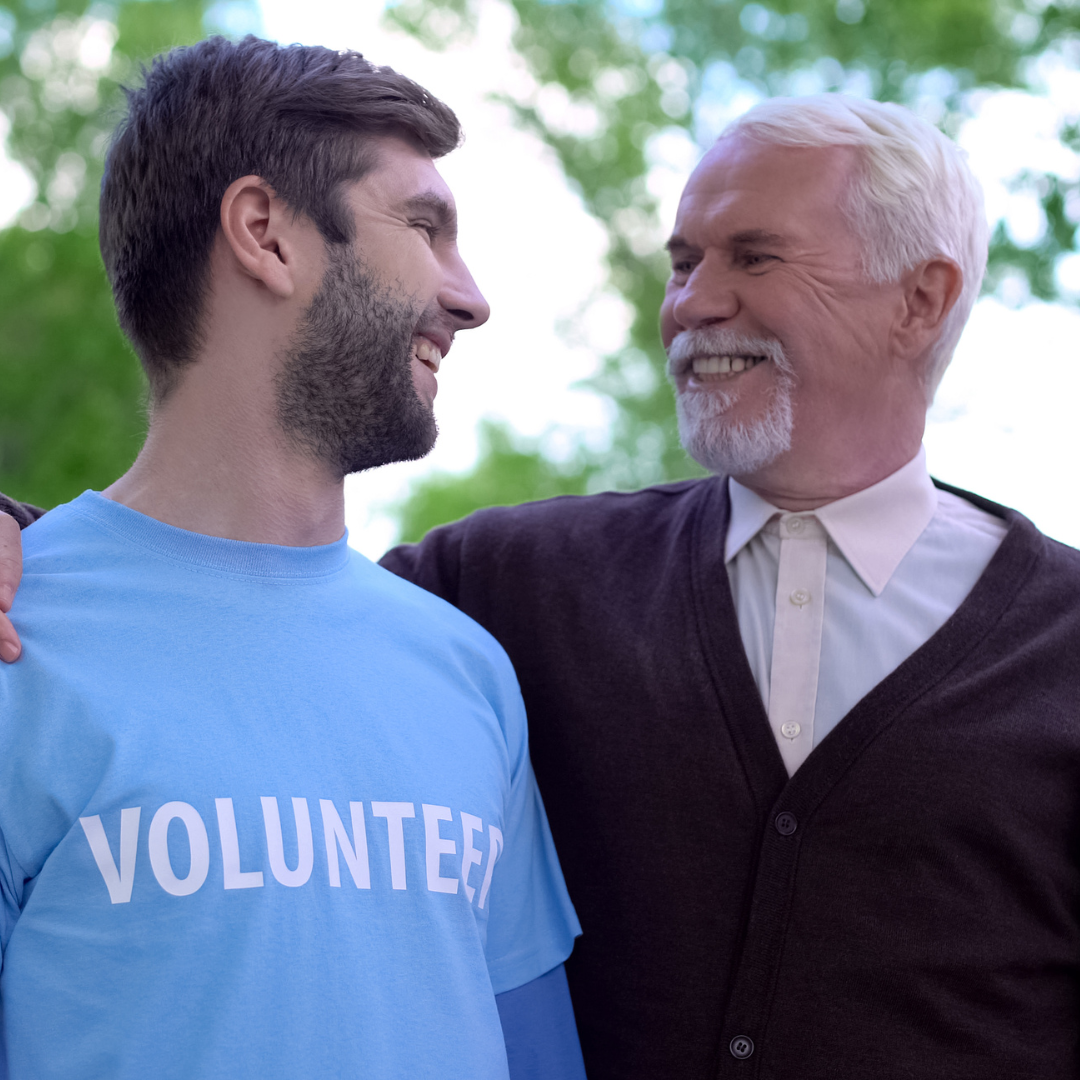
4. Social Support
Social support is crucial for managing anxiety and promoting emotional well-being.
Surrounding yourself with a supportive network of family and friends or participating in support groups can profoundly impact your mental health.
Sharing your experiences and struggles with trusted individuals allows you to feel understood and validated, reducing feelings of isolation and loneliness.
By opening up and discussing your anxiety, you may gain valuable insights, perspectives, and coping strategies from those who have similar experiences.
The encouragement and reassurance received from a supportive network can help build resilience, boost self-esteem, and provide a sense of belonging.
Knowing that you have a strong support system to rely on can help alleviate anxiety, as you have people who will listen, offer guidance, and stand by you during challenging times.
Building and nurturing social connections can enhance your overall well-being and provide valuable emotional support in managing anxiety.
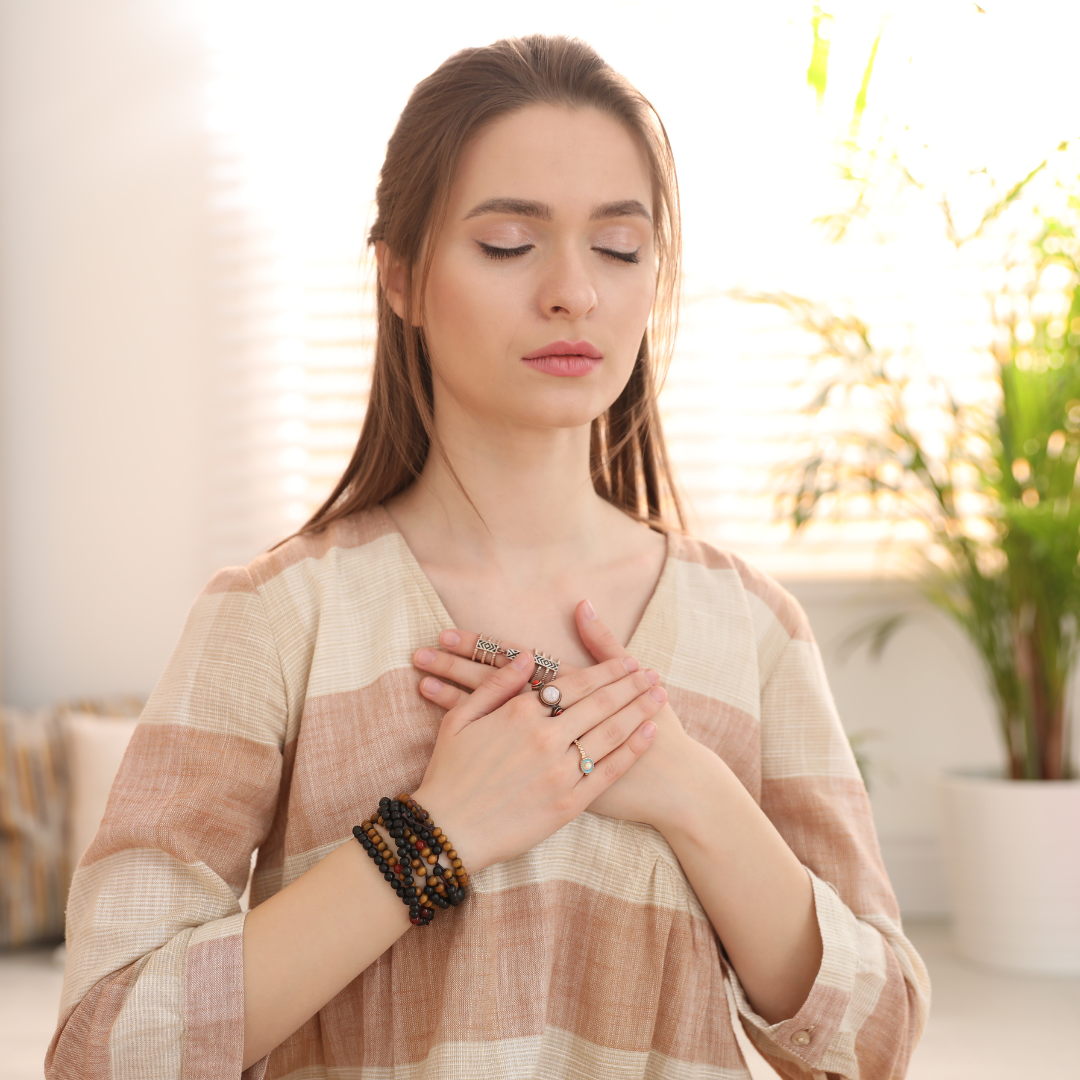
5. Energy Healing Modalities
Energy healing modalities offer holistic approaches to managing anxiety and promoting overall well-being.
Practices such as Reiki, acupuncture, and energy balancing work on the principle that disruptions or imbalances in the body's energy flow can contribute to anxiety and other health issues.
Reiki, a Japanese technique, involves gently laying hands on or above the body to channel healing energy.
This promotes deep relaxation, reduces stress, and helps restore energy balance.
Acupuncture, originating from Traditional Chinese Medicine, involves the insertion of thin needles into specific points of the body to stimulate energy flow and restore harmony.
It can help alleviate anxiety symptoms, improve mood, and promote a sense of calm.
Energy balancing techniques, such as chakra balancing or aura cleansing, focus on harmonizing and clearing energy centers within the body.
These practices aim to release energetic blockages, enhance well-being, and reduce anxiety by restoring the smooth flow of vital energy.
Exploring these energy-healing modalities can provide a unique and complementary approach to anxiety management, promoting relaxation, reducing anxiety symptoms, and supporting overall emotional and energetic well-being.
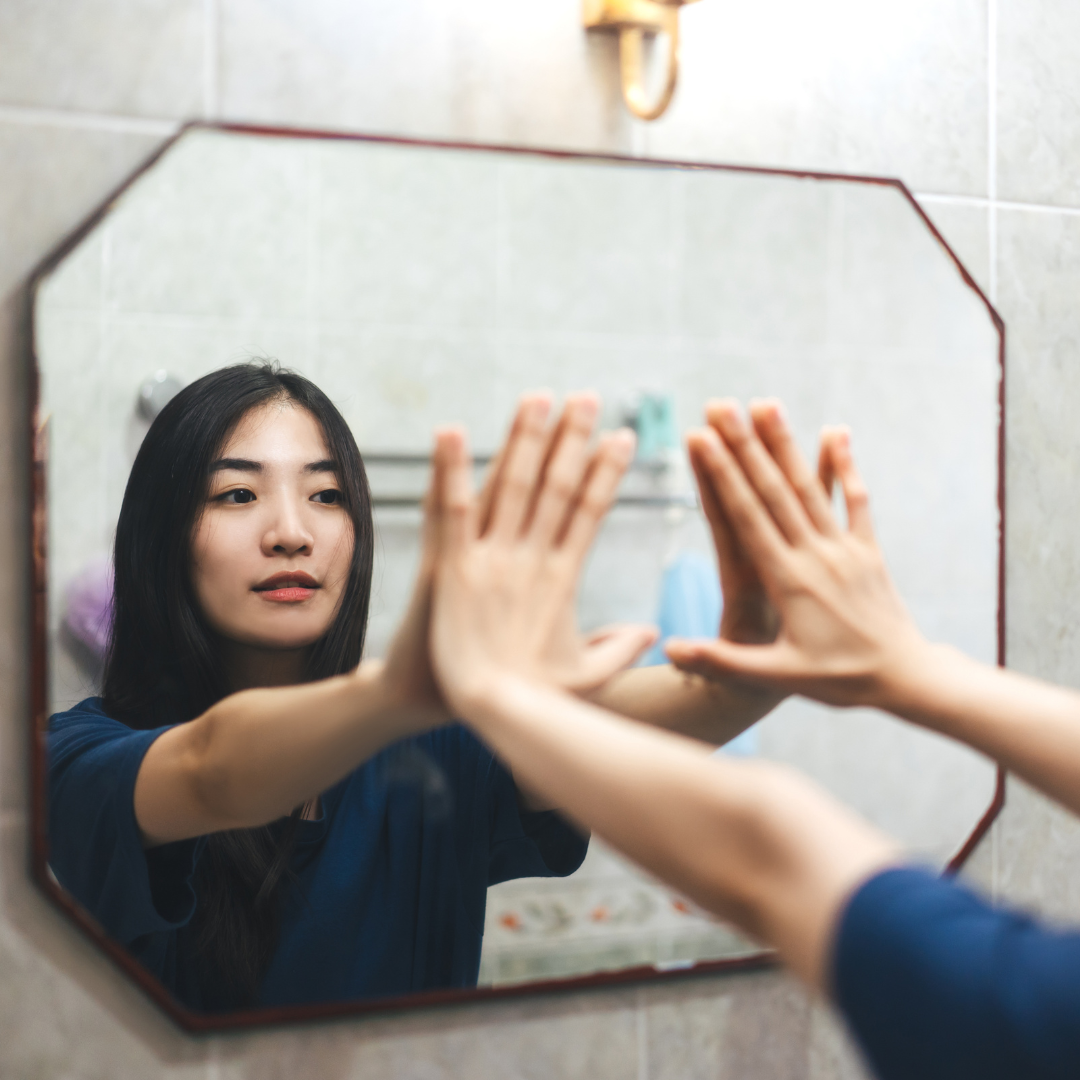
6. Self-Care Practices
Self-care practices are vital in managing anxiety and fostering well-being.
Engaging in activities that nourish and recharge your mind, body, and spirit is essential for maintaining emotional balance.
Self-compassion involves treating yourself with kindness, understanding, and acceptance rather than being overly critical or judgmental.
Setting healthy boundaries helps protect your time, energy, and emotional well-being, allowing you to prioritize self-care without guilt.
Engaging in hobbies or activities that bring you joy and fulfillment provides creative expression, stress reduction, and a sense of accomplishment.
Spending time in nature provides a calming and grounding effect, helping to reduce anxiety and restore a sense of peace and connection.
Enjoying relaxing baths, massages, or other forms of physical self-care can help release tension, promote relaxation, and enhance overall well-being.
Prioritizing self-care activities regularly supports resilience, reduces the impact of stress, and helps manage anxiety by ensuring that you are nurturing and taking care of yourself holistically.
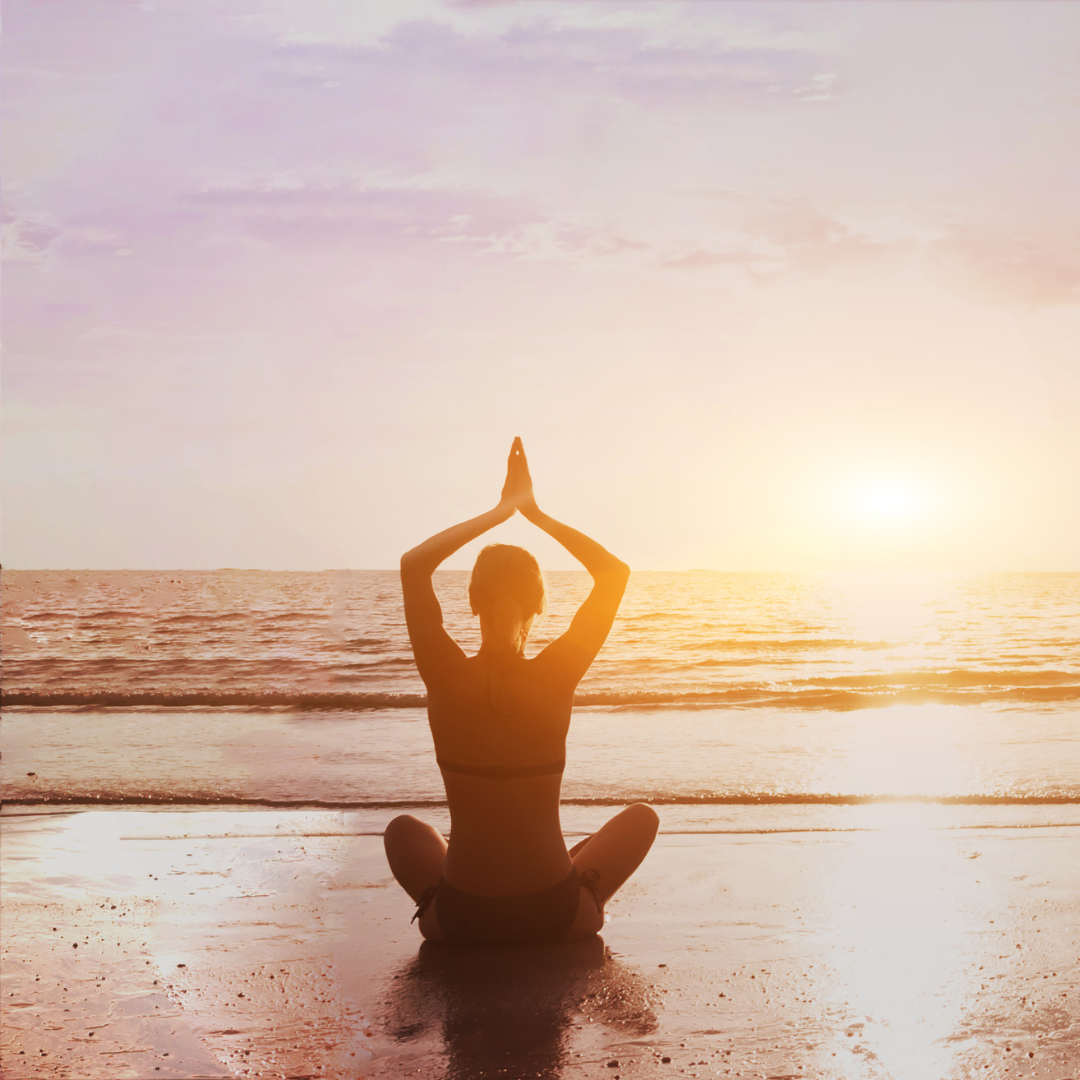
7. Mind-Body Techniques
Mind-body techniques are powerful tools for managing anxiety by harnessing the connection between the mind and body.
Biofeedback involves using electronic devices to monitor and provide feedback on physiological responses such as heart rate, breathing, or muscle tension.
By learning to regulate these responses, individuals can gain greater control over their stress levels and reduce anxiety symptoms.
Hypnotherapy utilizes guided relaxation and focused attention to access the subconscious mind and promote positive changes in thought patterns and behaviours.
It can help uncover and address underlying emotional blockages contributing to anxiety.
Emotional Freedom Techniques (EFT), or tapping, involve tapping on specific acupressure points while focusing on particular thoughts or emotions.
This technique aims to release emotional blockages, reduce anxiety, and promote a sense of calm.
Investigating and incorporating these mind-body techniques into your anxiety management plan can provide valuable tools for regulating the body's stress response, releasing emotional tension, and reducing anxiety symptoms by addressing the mind-body connection.
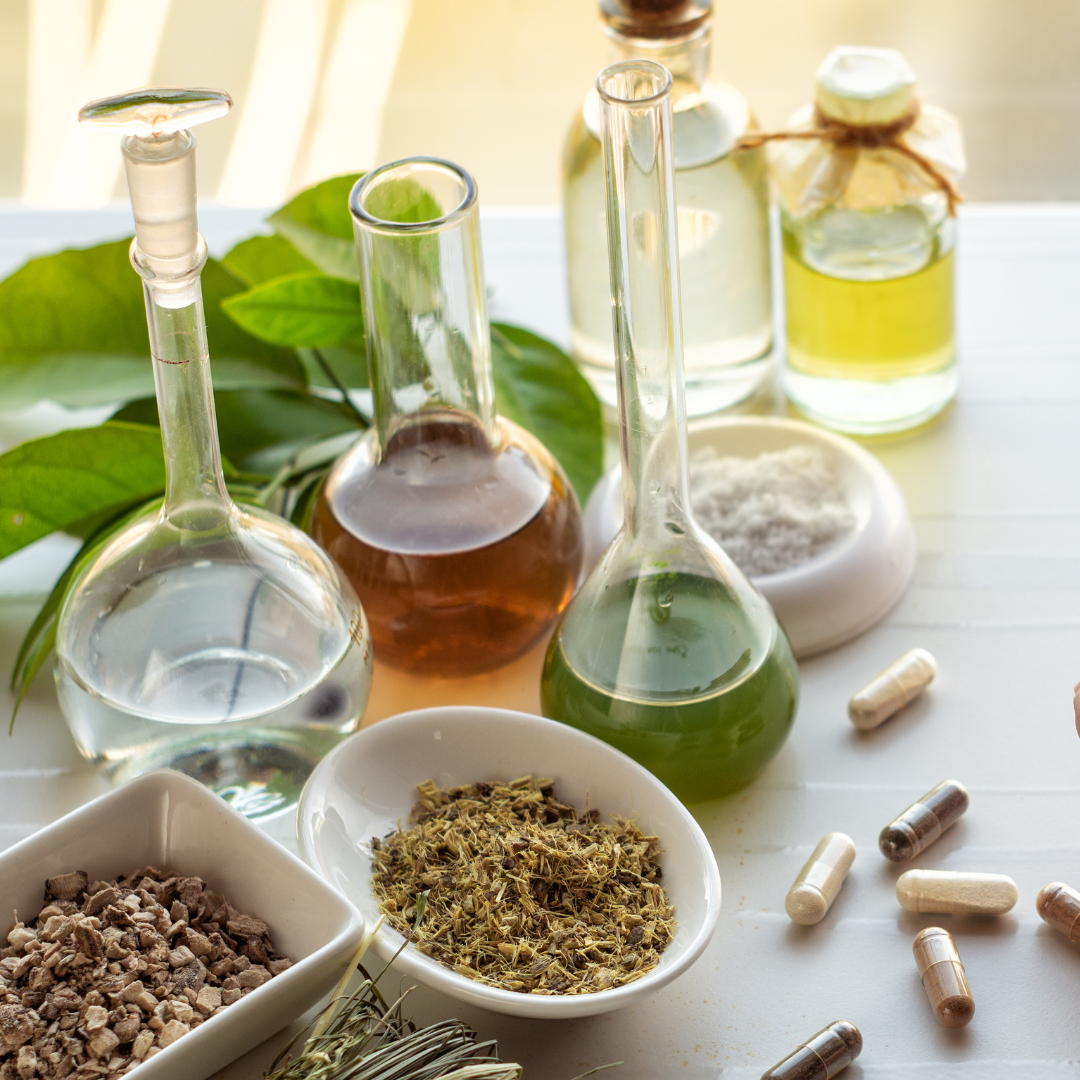
8. Holistic Supplements
Holistic supplements can support anxiety management and promote overall well-being.
Natural supplements such as ashwagandha, passionflower, and L-theanine have been associated with calming effects and anxiety reduction.
Ashwagandha is an adaptogenic herb that helps the body adapt to stress and promotes relaxation.
Passionflower has been traditionally used for its calming properties and may help reduce anxiety symptoms.
L-theanine, found in green tea, has been shown to promote relaxation and improve sleep quality.
However, consulting a healthcare professional before incorporating supplements into your routine is important.
They can guide appropriate dosages and potential interactions with existing medications and ensure the accessories suit your needs.
Consulting with a healthcare professional provides the safe and effective use of holistic supplements as part of your anxiety management plan.
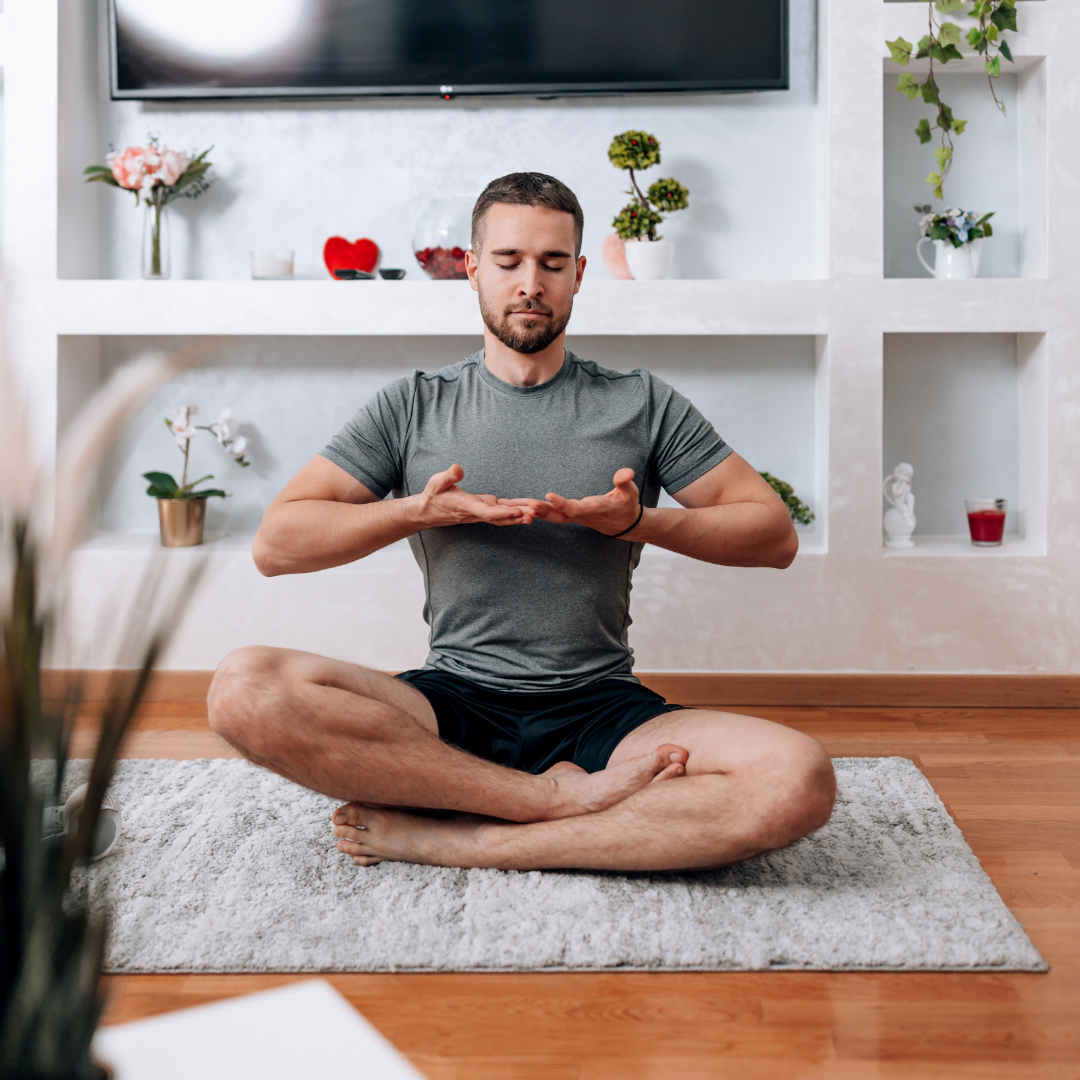
9. Deep Breathing Exercises
Deep breathing exercises are a simple yet powerful technique for managing anxiety and promoting relaxation.
The practice involves taking slow, deep breaths, allowing the breath to fill your diaphragm, expanding your lungs fully, and then exhaling slowly.
Deep breathing activates the body's relaxation response, which helps counteract stress's effects.
Your heart rate naturally slows as you breathe deeply, and stress hormone levels decrease.
The intentional focus on your breath also serves as a mindfulness technique, redirecting your attention away from anxious thoughts and bringing your awareness to the present moment.
By consciously regulating your breath and taking deep, intentional breaths, you promote a sense of calm and create a physiological shift in your body that supports relaxation.
Deep breathing exercises can be practiced anytime, anywhere, making them a readily accessible tool for managing anxiety in daily life.
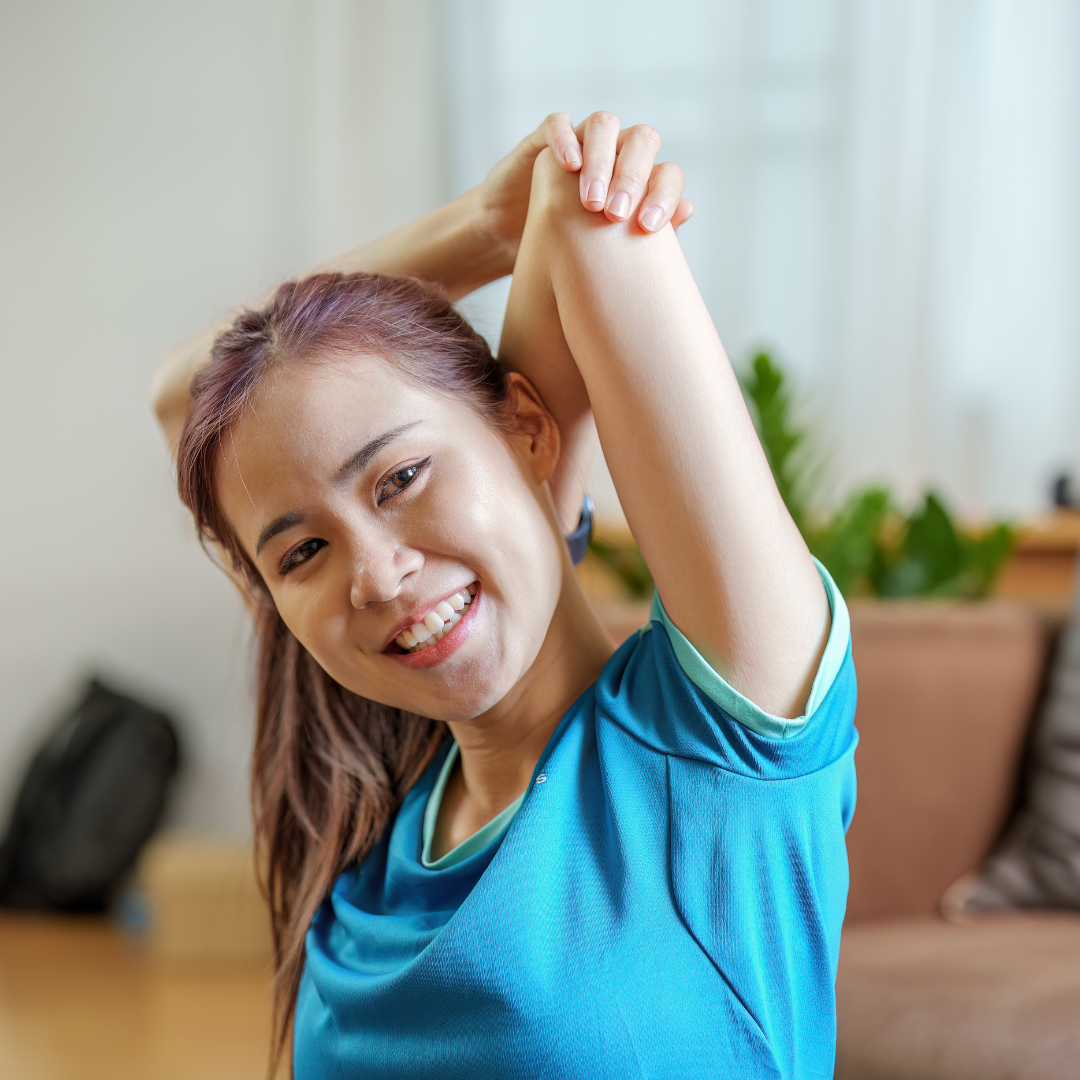
10. Progressive Muscle Relaxation
Progressive Muscle Relaxation (PMR) is a relaxation technique that systematically tenses and releases each muscle group.
The process involves deliberately tensing specific muscle groups for a few seconds and then consciously releasing the tension, allowing the muscles to relax completely.
By going through this sequence of tension and relaxation, you can enhance your awareness of bodily sensations and gradually release muscle tension throughout your body.
PMR promotes deep physical relaxation and can be especially effective in relieving anxiety symptoms, such as muscle tightness and stiffness.
It helps you develop a heightened sense of bodily awareness and teaches you to differentiate between tension and relaxation.
With regular practice, PMR can become a valuable tool in your anxiety management toolkit, allowing you to release physical tension, induce deep relaxation, and promote overall well-being.
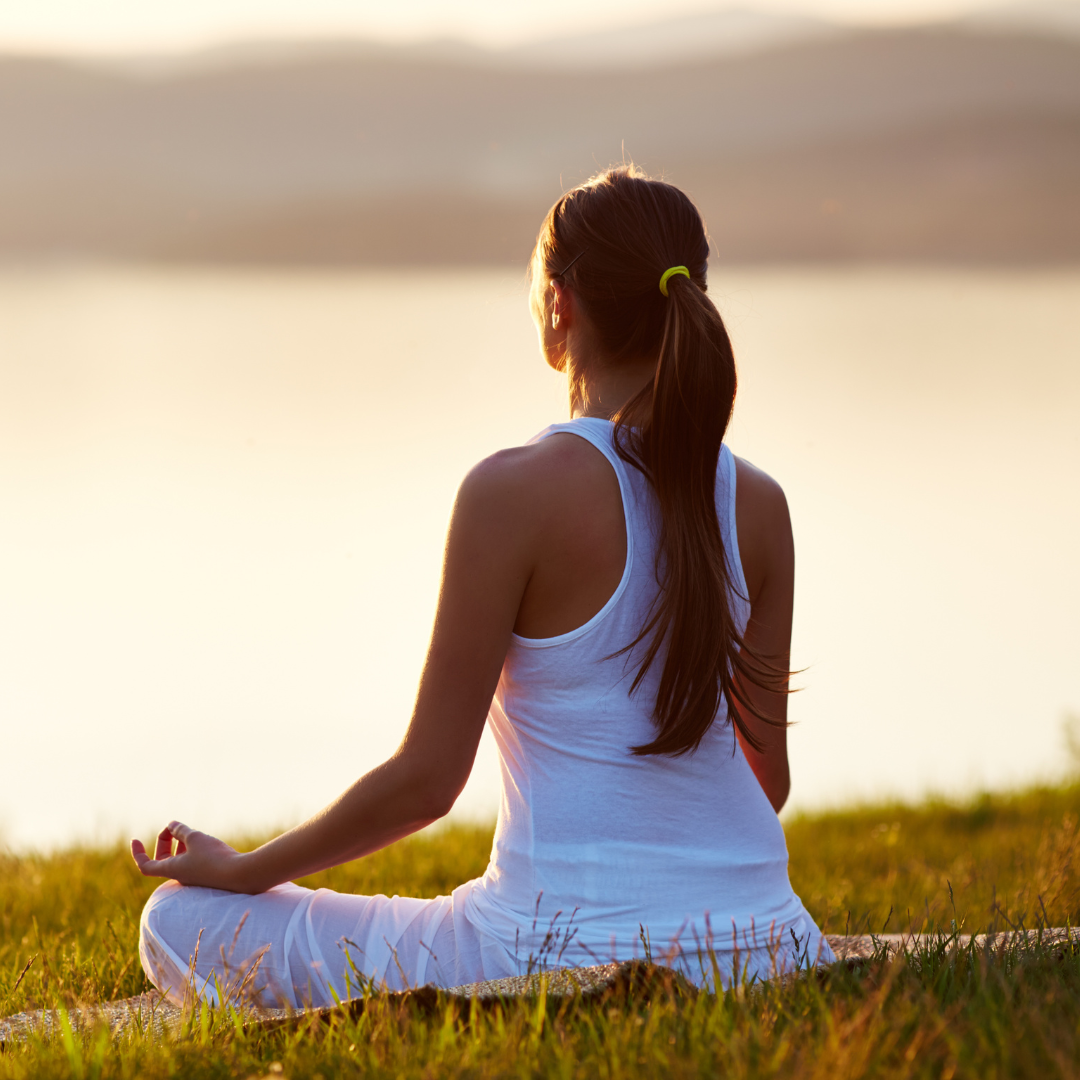
11. Meditation
Meditation is a powerful practice for managing anxiety by cultivating a calm and focused mind.
One popular form of meditation is mindfulness meditation, which involves directing your attention to the present moment and observing your thoughts and sensations without judgment.
By practicing mindfulness, you learn to become aware of the constant stream of thoughts that may contribute to anxiety and develop the ability to detach from them.
Regular meditation helps train your mind to become more present and less reactive to anxious thoughts and emotions.
It allows you to create a space between your thoughts and responses, allowing you to choose how to react to anxiety-provoking situations.
Over time, meditation can reduce anxiety levels, improve emotional regulation, and enhance overall well-being.
By incorporating meditation into your daily routine, even for a few minutes a day, you can experience the profound benefits of a calm and centred state of mind.
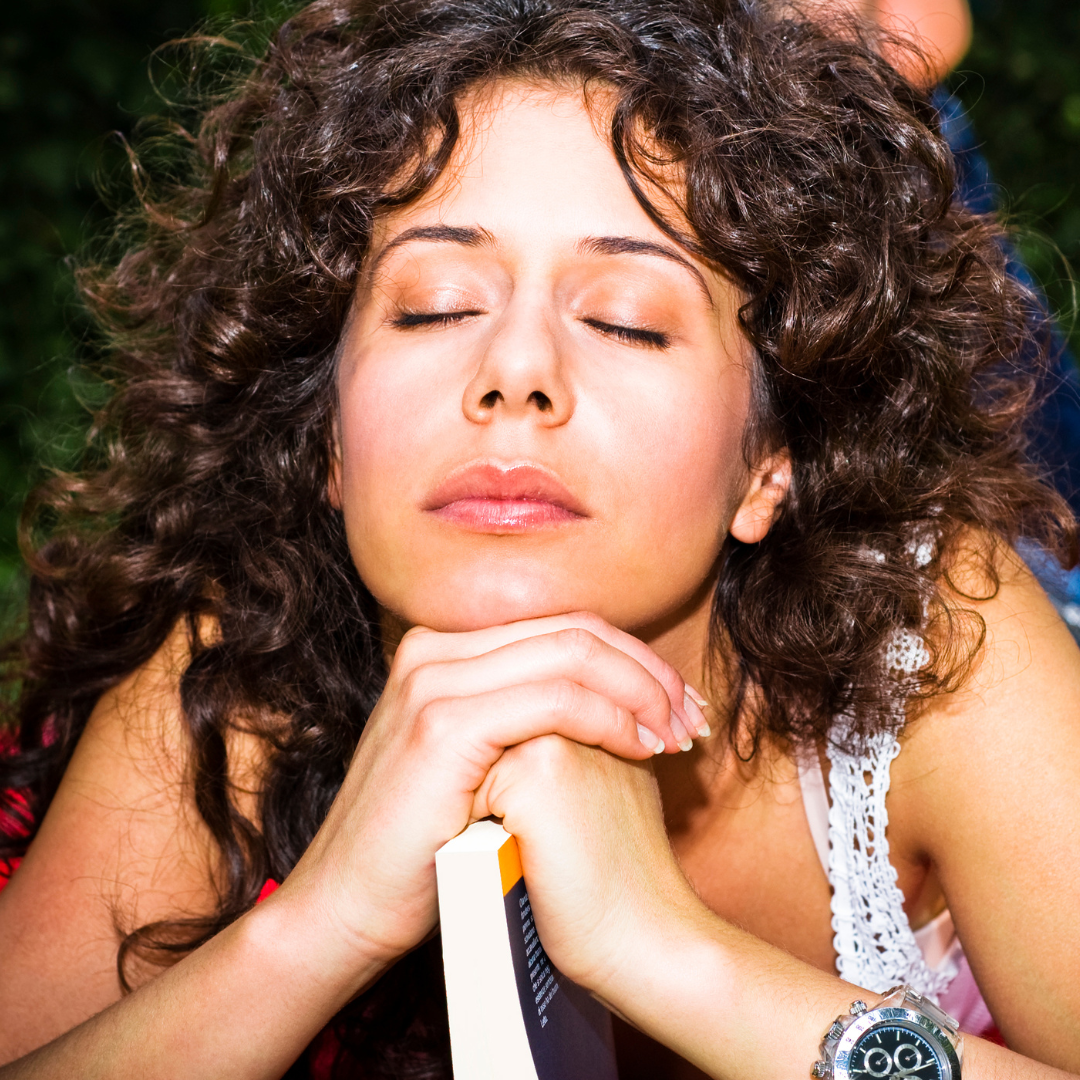
12. Guided Imagery
Guided imagery is a powerful technique that harnesses the power of your imagination to promote relaxation and reduce anxiety.
It involves creating mental images of peaceful and soothing scenes or experiences. During guided imagery, you use your senses to fully immerse yourself in the imagined scenario, picturing its sights, sounds, smells, and textures.
Engaging your senses in this visualization can evoke a deep understanding of calm and relaxation.
Guided imagery can be facilitated through recorded scripts, audio guides, or by following the instructions of a trained practitioner.
It allows you to redirect your thoughts away from anxiety-provoking situations and instead focus on pleasant and serene imagery.
This technique has been shown to help reduce anxiety symptoms, lower stress levels, and promote a sense of well-being.
Incorporating guided imagery into your daily routine can provide a valuable tool for finding relief from anxiety and fostering a peaceful state of mind.
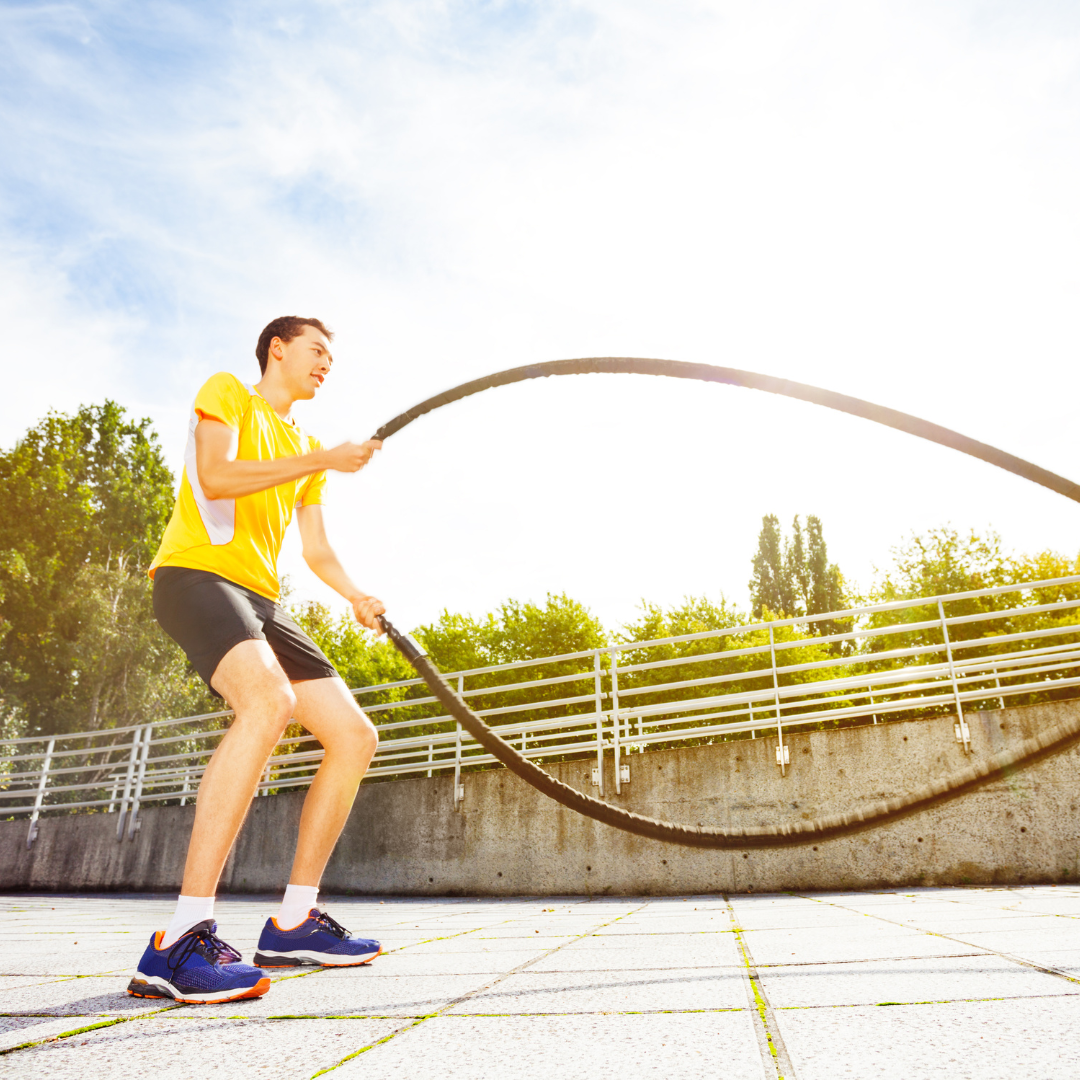
13. Exercise And Movement
Regular exercise and movement are powerful strategies for managing anxiety and promoting well-being.
Endorphins are natural chemicals that function as mood enhancers and assist in lowering emotions of tension and anxiety.
They are released by the body when you exercise. Running, cycling, and swimming are examples of aerobic exercises that can be especially good at releasing endorphins and enhancing well-being.
These exercises raise your mood naturally by raising your heart rate, increasing blood flow, and improving oxygen circulation.
Yoga and tai chi combine physical activity with mindfulness and deep breathing to create a mind-body connection that encourages relaxation and stress reduction.
Regular physical activity improves sleep quality, reduces muscle tension, and enhances self-esteem, contributing to anxiety management.
Finding activities you enjoy and incorporating them into your routine can provide a healthy outlet for releasing tension, boosting your mood, and improving your resilience to anxiety.
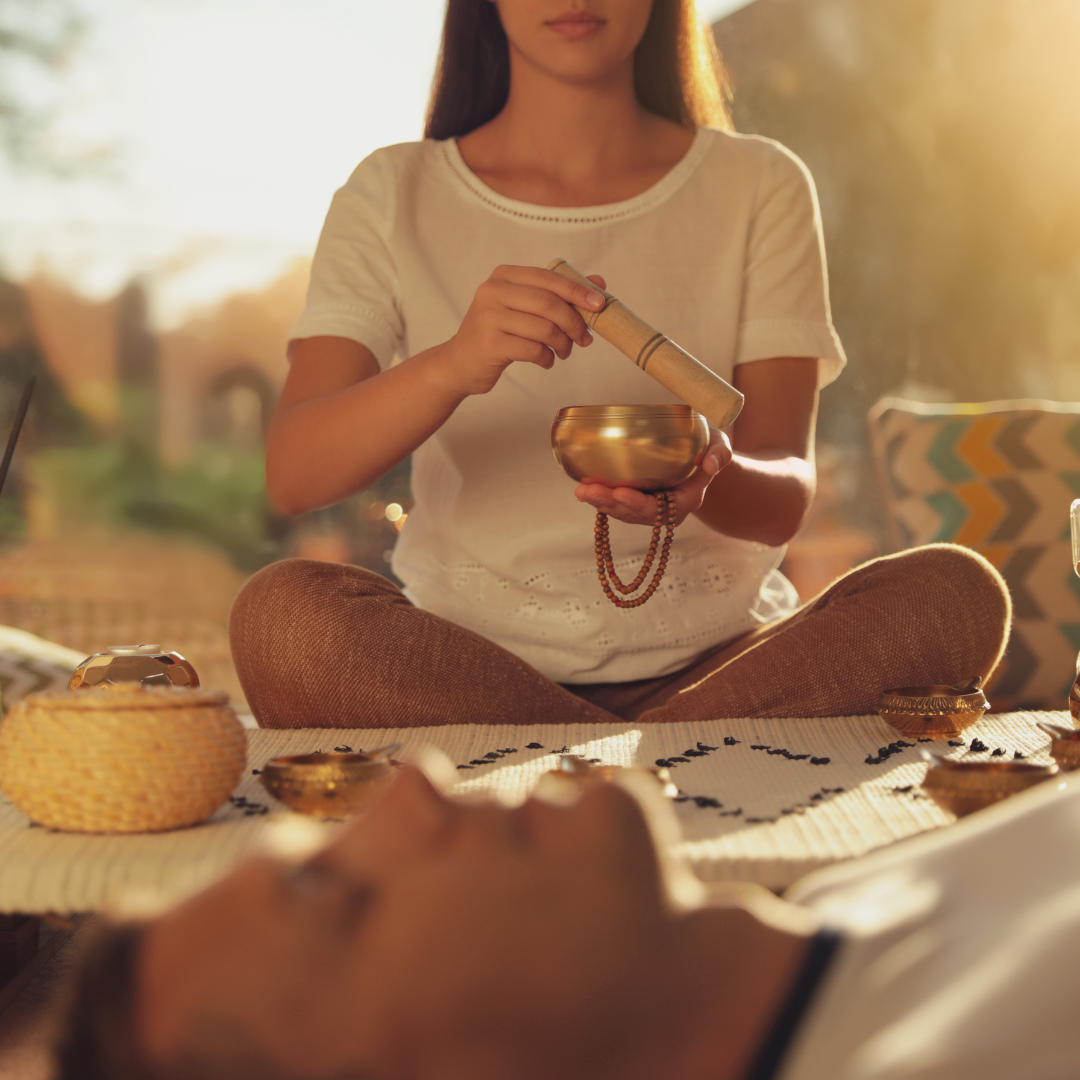
Conclusion
In the labyrinth of anxiety, where every twist and turn offers new challenges, holistic health remedies emerge as gentle guides, beckoning us to uncover the depths of our being.
They invite us to embark on a unique odyssey, a transformative journey where healing is not merely a destination but a sacred unfolding.
And woven through it all is the essence of self-care—a testament to our commitment to honour and nourish ourselves.
We cultivate a relationship of tenderness with ourselves by carving out sacred moments for self-compassion, setting boundaries, immersing ourselves in nature, or luxuriating in baths or massages.
We learn to listen to the whispers of our souls and respond with acts of love and care, replenishing our spirits and forging a path toward wholeness.
By recognizing that anxiety is a complex interplay of various factors, we can embrace a holistic perspective that acknowledges the interconnectedness of our physical, mental, and emotional well-being.
So, let us embark on this self-care journey, finding solace in holistic health remedies as we navigate the path toward inner calm, serenity, and a life free from the burdens of anxiety.
I trust you enjoyed this article on the Best Holistic Health Remedies For Anxiety. Please stay tuned for more blog posts to come shortly. Take care!
JeannetteZ
>>>Please click here to read my all-inclusive article about Lessons That Will Teach You All About Stress<<<
Your Opinion Is Important To Me
Thoughts? Ideas? Questions? I would love to hear from you. Please leave your questions, experience, and remarks about the Best Holistic Health Remedies For Anxiety article in the comments below. You can also reach me by email at Jeannette@Close-To-Nature.org.
Disclosure
This post may contain affiliate links. As an Amazon Associate and other affiliate programs, I earn from qualifying purchases at no extra cost to you. Please read my full affiliate disclosure.
You might also enjoy these blog posts:
Best Holistic Health Practices For Stress Relief
Best Holistic Health Benefits For Mental Health
Best Tips On Stress Management Language

